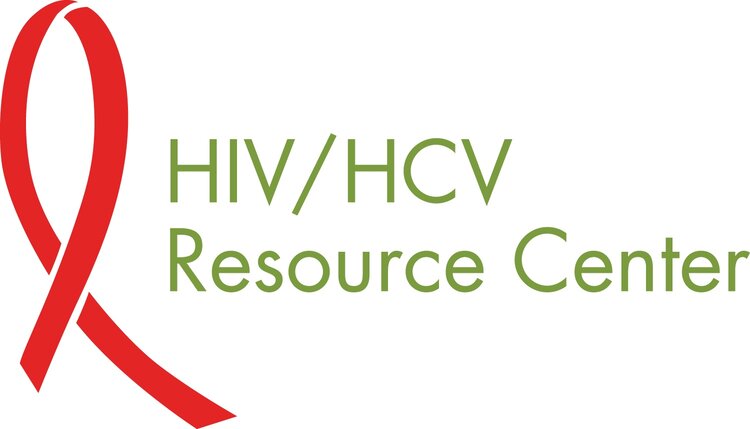HIV Testing
Should I get tested for HIV?
Are you pregnant or do you hope to become pregnant?
Have you been diagnosed with or treated for a sexually transmitted disease like Syphilis, Chlamydia, Gonorrhea or Herpes?
Have you been diagnosed with or treated for Hepatitis or Tuberculosis?
Have you had vaginal or anal sex without condoms with multiple partners, anonymous partners, or men who have sex with men?
Have you ever injected drugs or steroids or shared equipment (such as needles, syringes, works, water) with others?
Have you ever exchanged sex for drugs or money?
Have you ever had unprotected sex with someone who could answer yes to any of the above questions?
You should consider getting tested for HIV if you can answer yes to any of these questions.
What is the OraQuick test?
The OraQuick Rapid Antibody test is a finger stick blood test that detects antibodies to the HIV virus. The OraQuick rapid test (an ELIZA test) produces results in approximately 20 minutes. A reactive rapid HIV test result must be confirmed with a follow-up test in a medical setting.
What is the “Window Period”?
When a person is infected with HIV, the body produces special proteins, called antibodies, that fight infection. It can take some time for the immune system to produce enough antibodies to be detected by the test, and this “window period” varies from person to person. Most people develop detectable antibodies within two to eight weeks after exposure, averaging 25 days. Some individuals may take longer to develop detectable antibodies. If an initial negative HIV test is conducted within the first three months after possible exposure, it is recommended that a repeat test be administered after three months in order to rule out the possibility of a false-negative result. In rare cases, it can take up to six months to develop antibodies to HIV. However, ninety-seven percent of persons will develop antibodies in the first three months after they have been infected. Antibodies will be detectable at one month after exposure for most people -- and up to three months for some people --when using the OraQuick Rapid Antibody test to test a blood sample.
